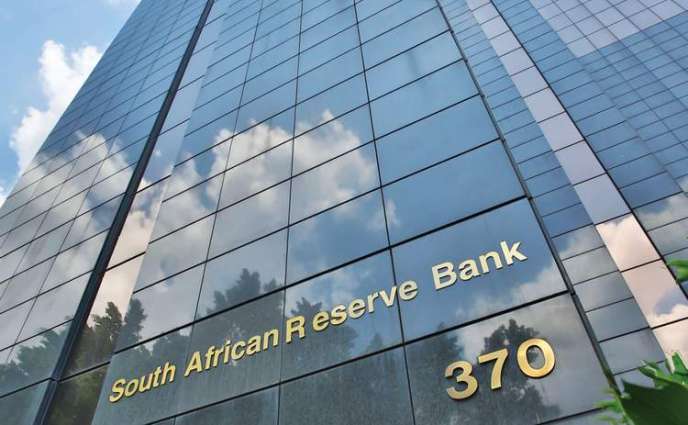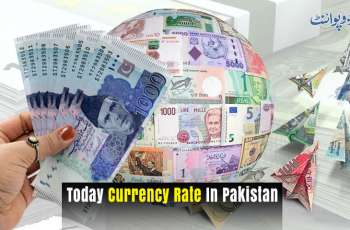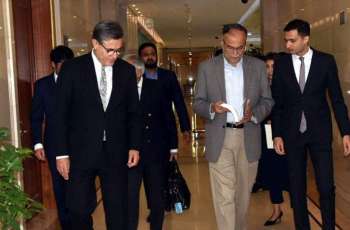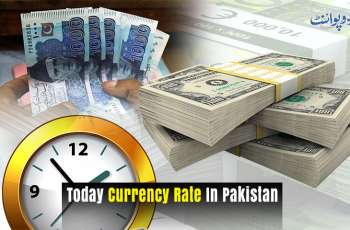On Thursday, the South African Reserve Bank (SARB) made the decision to leave interest rates unchanged for the second consecutive time in 2021 as inflation rates remained below the expected bottom threshold, but the effect could be temporary and a 0.25 percent increase is still predicted for Q2 and Q4, financial analyst Paul Marais told Sputnik
JOHANNESBURG (Pakistan Point News / Sputnik - 26th March, 2021) On Thursday, the South African Reserve Bank (SARB) made the decision to leave interest rates unchanged for the second consecutive time in 2021 as inflation rates remained below the expected bottom threshold, but the effect could be temporary and a 0.25 percent increase is still predicted for Q2 and Q4, financial analyst Paul Marais told Sputnik.
Marais, who is managing director of South African financial services provider, NFB Asset Management, explained to Sputnik that the increase in interest rates was expected based on such early indicators as the "more hawkish tone" adopted by the Bank of England and the Bank of Japan's decision to remove the purchase of equity ETF's from their market intervention program, while at the same time setting a higher target yield of 0.25 percent up from 0.20 percent in order to control their yield curve.
While most economic indicators in the country have been consistently pointing towards a depressed climate since January as a result of lockdown restrictions, inflation managed to remain at the lower end of the bank's target of 3.2 percent year-on-year. Coupled with the data-dependent "wait and see" approach adopted by SARB, it led to the decision to leave the 3.5 percent repo rates at which the central bank lends money to commercial banks unchanged.
"What was perhaps not anticipated ahead of this week's Monetary Policy Committee meeting was that inflation rates would dip below the bottom threshold of the Reserve Bank's inflation targeting range, coming in as they did this week at 2.9 percent year on year," Marais said.
However, the expert expressed concerns that this could be a transient dip as the market has expected inflation to reach around 4.5-5 percent by May.
"This creates some room for the Reserve Bank to leave interest rates unchanged and it does mean that possible negative interest rates are further off than might have been expected at the beginning of this week. The Reserve Bank's Quarterly Projection Model indicates a 0.25 percent increase in interest rates in Quarter 2 and Quarter 4 of this year," Marais noted.
These expectations also coincide with the fact that other emerging markets, such as Russia and Turkey, have recently increased their main lending rates to contain inflation, the expert concluded.




